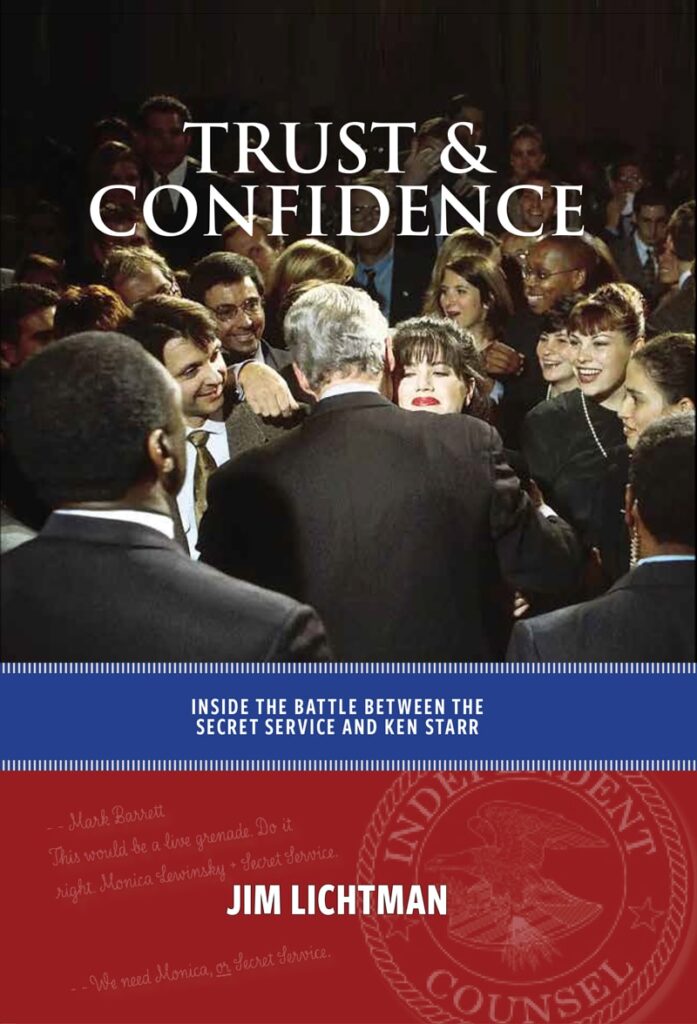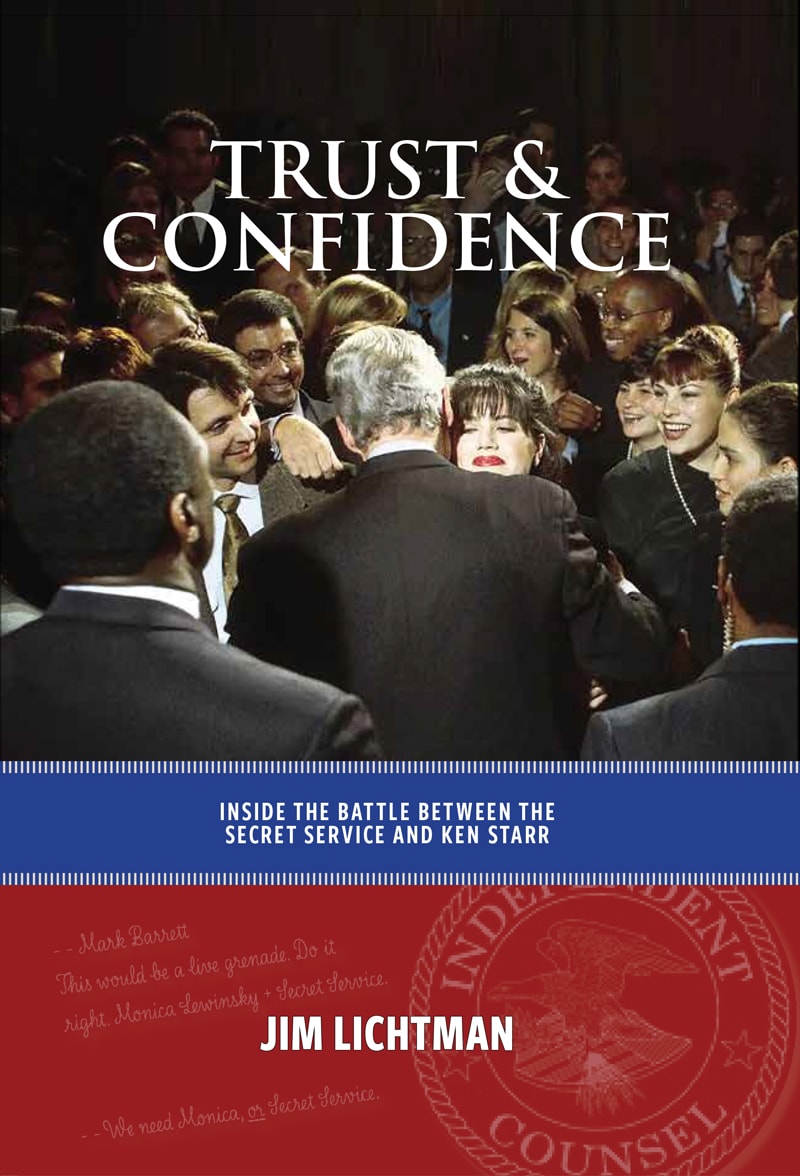
During the 1998 investigation of President Bill Clinton, independent counsel Ken Starr compelled Secret Service agents to testify about what they may have seen or heard regarding Clinton’s relationship with White House intern Monica Lewinsky.
With the support of the Department of Justice, Director Lewis Merletti argued that if agents were allowed to testify about anything other than criminal acts, it would violate the trust and confidence tenet critical to the proximity necessary between agents and protectees. The result of such testimony would likely lead the president to push away protection leaving them vulnerable to assassination.
That’s what was reported in news accounts.
What the public did not know, was that Starr relied on a source inside the Service who alleged that Merletti had secretly facilitated the Clinton/Lewinsky relationship by going to the White House at night, removing the president, putting him in the back seat of a car, covering him with a blanket and taking him to a hotel to meet with Lewinsky. According to the source, Clinton had a deal with Merletti: Don’t talk about Lewinsky and I’ll make you Secret Service director.
All of it was false.
Despite no corroboration and the refusal of the source to come forward and testify, Starr and his prosecutors were focused on getting Merletti to admit to the deal, Lewinsky to flip, or both. As associate independent counsel Mark Barrett told Starr: “This would be a live grenade. Do it right. Monica Lewinsky and Secret Service.”
After years of research with interviews and previously unreleased documents from The National Archives, “Trust and Confidence” offers a never-before-seen look inside the battle between the Secret Service and Ken Starr–a battle between one man standing on principle and the other who believed the end justified the means.
Available September 18th . . . I hope, (depending on booksellers’ schedules).
Comments











